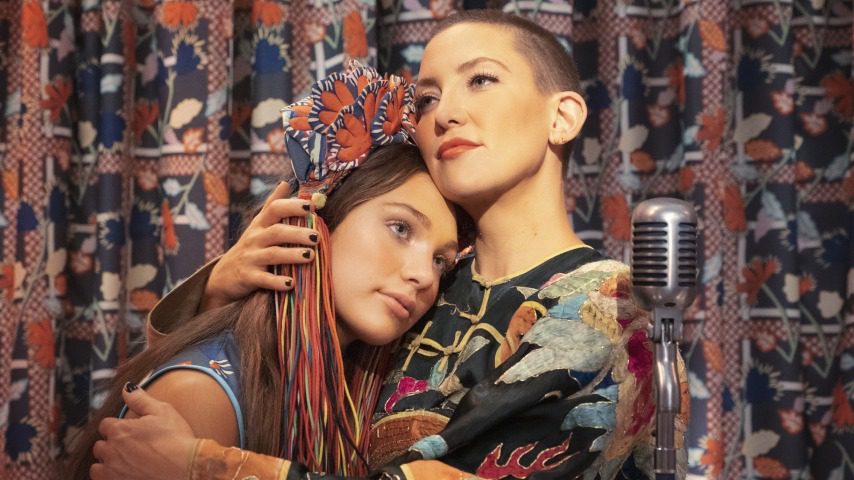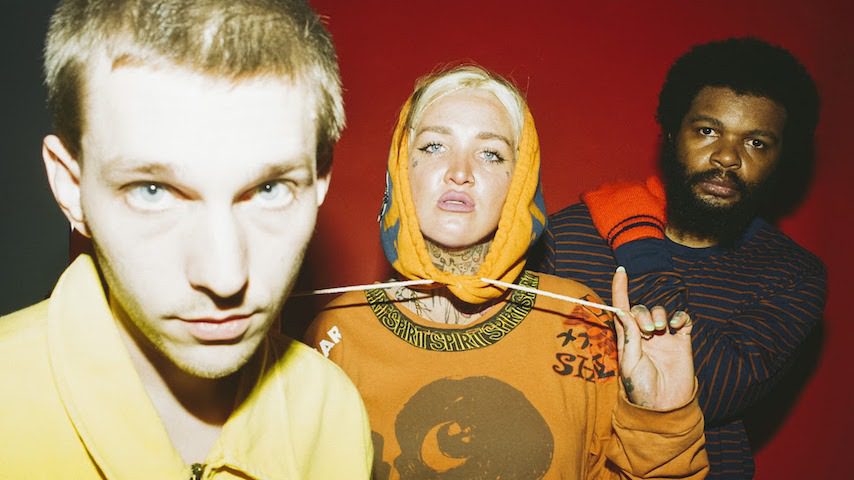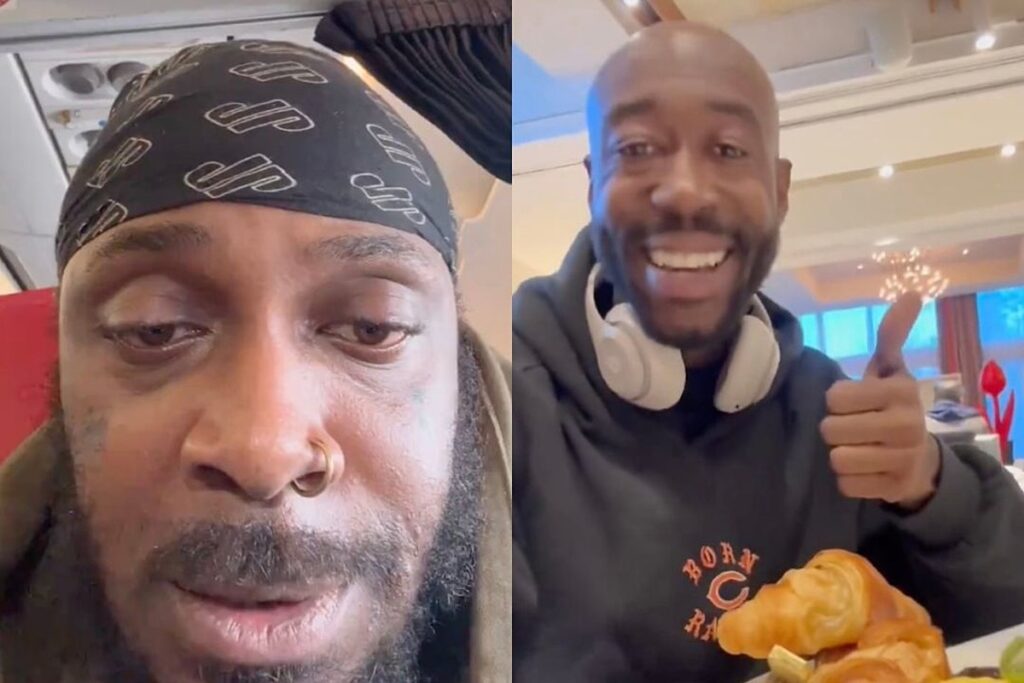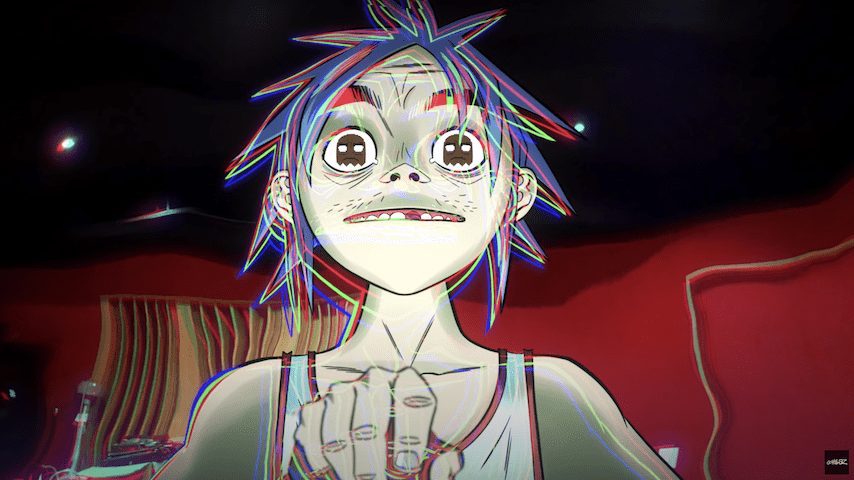In case you haven’t heard, Australian musician Sia recently released a new trailer for her upcoming musical film Music, in which a troubled woman, Zu (Kate Hudson), takes custody of her teenage half-sister Music (Maddie Ziegler), who is autistic and nonverbal. Sia acts as the screenwriter, director, producer and composer for the film, which is scheduled for a Feb. 12 release. Upon the trailer’s release, many people from the autistic community immediately responded with a mix of emotions: outrage, disappointment, apathy, and even hope. As is the case with every group of people, reactions and feelings varied from person to person, and I do not wish to give the impression that all autistic people feel a certain way about this film’s choices. However, as an autistic person, I have my own thoughts about it.
At its core, the issue I and many other autistics and allies have with this film, which none of us have seen, is that its autistic main character is played by an actor who is not on the autism spectrum in any capacity. Ziegler is an incredibly talented and popular dancer, model and actress who was only 14 years old at the time of filming Music. As such, I feel it’s unfair to blame her too much for taking a great opportunity at an age when most people are just worried about passing their chemistry exam and whether Tony has a crush on Tina. Indeed, she may do an excellent job at portraying the character in a tasteful, nuanced manner. Regardless of the performance’s quality, I’m disappointed with Sia’s decision to cast a neurotypical person in a neurodivergent role.
The immediate defense I hear the most to this criticism is that “it’s just acting, your job is to pretend to be people you aren’t.” This is true, and worth consideration. I don’t want to presume anything about Chris Hemsworth’s personal life, but I don’t think he actually hails from another planet or wields Mjölnir. However, when it comes to portraying characters with different backgrounds, identities and abilities as yourself—especially backgrounds, identities and abilities that have historically led to discrimination—that gets more complicated.
As soon as the movie camera came into existence, straight, white, abled men were in its focus. When women and people of color did appear, it was often in more minor roles. Caricatured acts like the medium’s ugly, racist history of blackface appeared in everything from The Jazz Singer to The Birth of a Nation. The popularization of animation made it more passable—yet not more appropriate—for white actors to voice characters of color, such as Hank Azaria’s longtime portrayal of Indian Simpsons character Apu. And though the world seems to have grasped that blackface, even animated blackface, is not ok, it remains common to see abled actors portray disabled characters, such as Bryan Cranston playing a character who uses a wheelchair in 2017’s The Upside.
This is not to say that actors can’t give genuine, impassioned performances of characters who identify differently from themselves, nor that every instance of such is out of malice for the portrayed group. But now that we live in what is supposed to be a more equitable society, there is no shortage of equally talented actors who are LGBTQ+, disabled and BIPOC—and who see a shortage of opportunities as other actors book these roles.
If you hold any amount of privilege, stop and consider how this would feel. These marginalized communities already face discrimination from so many avenues—suffer so much based on how they were born—and then someone who doesn’t face those forms of discrimination dons their identities as a prop to further their own career.
Autistic characters haven’t seen much prominence in film—even less when played by autistic actors. One of the most famous movies focusing on an autistic character is in 1988’s critically acclaimed Rain Man, in which the neurotypical actor Dustin Hoffman plays Raymond Babbitt. Babbitt is referred to as a “savant,” someone who is neurodivergent and highly skilled in a specific area. Perhaps more than any other on-screen depiction of autism, this performance has had the most negative consequences for those with autism.
“[Rain Man] has such an overbearing, lingering presence in so many autistic people’s lives, and yet we have no actual presence in it at all,” writes Sarah Kurchak in I Overcame My Autism and All I Got Was This Lousy Anxiety Disorder. “Autism was a whim or creative exercise for the talent, a device for the characters and an object for the audience. And yet it has defined the ways in which people perceive us and mock us ever since it came out. It’s contributed to the stereotypes that have prevented autistic people who aren’t like Raymond from being recognized, being diagnosed and receiving support.”
I am a white, cisgender, straight male from a middle-class family. I get to see people who look like me everywhere I view content, albeit usually a bit more handsome. And yet, as someone who was repeatedly called “retarded” by peers and even adults—someone who was led to believe that I was worth less and undeserving of friends or relationships because of the way my brain functions—it hurts to see someone who never had to face these hardships mimic the most visible signs of autism for a handsome paycheck and critical accolades, be it in Rain Man or in Music. For those far less privileged than myself, I can only imagine how much sharper that pain may be.
I also understand that it’s not Sia’s mission to cause as much pain for autistics as she can. From statements she’s given on Twitter, it’s clear that Sia believes her film to be a heartfelt, loving representation of what it’s like to be autistic through the lens of music, and I agree with her that I can’t fairly judge the quality and message of the film based on background information and a one-minute trailer.
Sia has also shared that at one point, she did work with an autistic actor on the film. “The character is based completely on my neuro atypical friend,” Sia tweeted. “He found it too stressful being non verbal, and I made this movie with nothing but love for him and his mother.” She has also stated that she has cast thirteen “neuroatypical” and three transgender people within the film, although we don’t know how much prominence any of their characters have.
On the other hand, Sia also shared this insightful and nuanced defense of her work to the public:
Grrrrrrrrrr. Fuckity fuck why don’t you watch my film before you judge it? FURY.
— sia (@Sia) November 20, 2020
Even worse, when autistic actor Helen Zbihlyj responded countering that she and many other qualified actors on the spectrum reached out prior to filming, saying that they “could have acted in it on short notice,” Sia responded by simply tweeting, “Maybe you’re just a bad actor.” If they had auditioned and been turned down, perhaps she could argue that they were, although it still would have been needlessly cruel. As it is, it’s a petty attack on someone already hurt over this decision. Not cool.
Aside from the casting and Sia’s social media response, Music has some other big red flags. Sia has stated that she consulted with Autism Speaks for the film, which is a harmful organization that views autism as a disease to be “cured,” among myriad other issues. She also uses euphemisms such as “special abilities” to refer to disabilities, which further stigmatizes disabled people and comes across as infantilizing. Is it unfair to worry that this type of research and language may appear in the film by the same person who wrote, directed and produced it? I hope these fears are proven wrong.
Regardless of how good or bad, uplifting or harmful Music’s message ends up being, Sia has already hurt lots of autistic people, even if we know that wasn’t her intention. Now, she can either continue digging in her heels and insulting everyone who criticizes her, or she can stop, listen to people’s concerns, and work to be a better ally who more accurately and empathetically includes and represents disabled and other marginalized communities in the future.
In response to one autistic person’s tweet stating that they want to create “a neurodivergent musical with neurodivergent actors in response to this movie,” Sia tweeted this:
I would love that too and would be totally into help financing it. I feel so sad. I think we all want the same thing.
— sia (@Sia) November 20, 2020
Perhaps we do. The question is, will Sia recognize her mistakes and work toward correcting them? If there is progress to be made here, it’s time for Sia to face the music.
Joseph Stanichar is a freelance writer who specializes in videogames and pop culture. He’s written for publications such as Game Informer, Twinfinite and The Post. He’s on Twitter @JosephStanichar.




